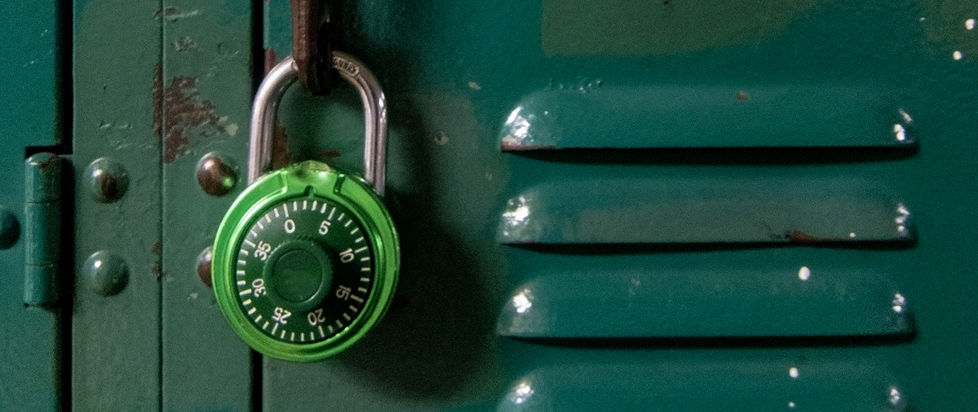
A Garden Growing in Two Directions
Game conventions are loud, crowded and obnoxious. By contrast, game festivals are loud, crowded and absolutely exhilarating. This may sound hypocritical, but despite the sensory bombardment inherent to both formats, I’ve always found one of these events refreshing and the other exhausting. The smaller size and scope of festivals certainly helps in that regard, but ultimately the charm of these spaces is about more than their limited size.
If you so much as glance at a videogame news site once every few months, then the amount of new things you actually get to see at consumerist trade shows like Gamescom will be exactly zero. It’s all endless lines for teasers and trailers of games you already know about, and if there are any games that haven’t been announced long ago, then the faceless companies in these plastic fortresses probably have made an announcement about how they’ll be announced soon. Odds are even those scheduled surprises will end up looking an awful lot like previous installments and rival franchises. Check out the new coat of paint we put on this old car!
Take three steps into A Maze Berlin, however — one half of an independent games festival that exists in both Germany and South Africa — and you’re liable to find something completely new, unexpected or puzzling. How do you even play this? Why doesn’t it have any buttons? Why does it have so many buttons? You strap this thing where? There’s a spirit of wonderment and curiosity to the event that never fails to, well, amaze, even the most cynical of videogame hipsters.
A diving game you control with your breathing? Sure, just check out Deep over in that corner. A digital coloring book for vulvae that highlights their natural diversity of shape and form, and makes people look flustered in public besides? Cunt Touch This has you covered. A game of catch played on a light bulb grid screwed into a coffeetable? The Tesla Arcade is waiting for you. A one-dimensional dungeon crawler running on an LED-strip? Have a look at Line Wobbler then.
The exhibition covers an eclectic mix of current and constant indie sensibilities ranging from unusual input devices to virtual reality to local multiplayer to physical games, collecting anything that is too small, weird or personal for the videogame industry and courting anybody who feels left out by its homogenized gloss. These are not your popular games. They are statements, experiments, experiences. Which are, conversely, also getting quite popular.
In the five years of its existence, A Maze Berlin has grown from a couple of people spread out over some bars in the city center to a dedicated exhibition space and separate, ever larger halls for the conference side of things. For an event that defines itself exclusively in opposition to the mainstream, this kind of success is both desirable and threatening. One the one hand, it serves as an indicator of successful curation and confirms the constantly repeated claim that these games are deserving of more attention and support. On the other hand, their rise to prominence undermines the identity constructed around their under-appreciation. Once an alternative game becomes popular, it’s just a regular old game, isn’t it?
You’ve been reading an excerpt from Unwinnable Monthly Issue 42.
To read the article in its entirety, please purchase the issue from the shop or sign up for a subscription to Unwinnable Monthly!





